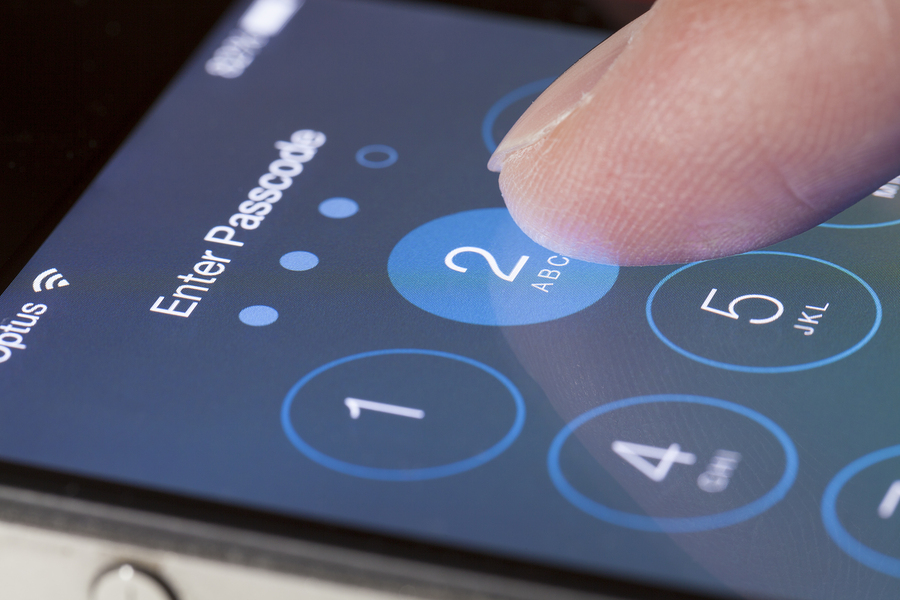FBI issues Anonymous warrants
The FBI issues 40 search warrants in relation to an investigation into Anonymous DDoS attacks.


The FBI has issued over 40 search warrants as part of an investigation into Anonymous distributed denial of service attacks.
The US law enforcement body made the announcement yesterday after UK police arrested five males as part of an investigation into Anonymous.
Anonymous made headlines last year after launching a number of DDoS attacks against companies that had stopped serving WikiLeaks.
Security professionals believe those being investigated were using the LOIC (Low Orbit Ion Cannon) tool to carry out DDoS attacks.
"These distributed denial of service attacks (DDoS) are facilitated by software tools designed to damage a computer network's ability to function by flooding it with useless commands and information, thus denying service to legitimate users," an FBI statement read.
"A group calling itself Anonymous' has claimed responsibility for the attacks, saying they conducted them in protest of the companies' and organisations' actions."
The FBI reminded people that facilitating or conducting a DDoS attack is illegal and, as in the UK, anyone found guilty of participating in such attacks could get up to 10 years in prison.
Get the ITPro daily newsletter
Sign up today and you will receive a free copy of our Future Focus 2025 report - the leading guidance on AI, cybersecurity and other IT challenges as per 700+ senior executives
"Suggesting that creating a multi-purpose tool is the reason they are executing these warrants strikes a chill in me," said Chester Wisniewski, senior security advisor at Sophos Canada, in a blog post.
"That would be like going after Stanley Tools for making the box cutters that the 9-11 hijackers used. I hope it is an honest mistake."
Yesterday, Mikko Hypponen, chief research officer at F-Secure, told IT PRO he believed those arrested in the UK had used the LOIC tool in pro- WikiLeaks DDoS strikes.
He said if an internet service provider released IP logs, it would be simple to locate LOIC users.
Tom Brewster is currently an associate editor at Forbes and an award-winning journalist who covers cyber security, surveillance, and privacy. Starting his career at ITPro as a staff writer and working up to a senior staff writer role, Tom has been covering the tech industry for more than ten years and is considered one of the leading journalists in his specialism.
He is a proud alum of the University of Sheffield where he secured an undergraduate degree in English Literature before undertaking a certification from General Assembly in web development.
-
 Should AI PCs be part of your next hardware refresh?
Should AI PCs be part of your next hardware refresh?AI PCs are fast becoming a business staple and a surefire way to future-proof your business
By Bobby Hellard
-
 Westcon-Comstor and Vectra AI launch brace of new channel initiatives
Westcon-Comstor and Vectra AI launch brace of new channel initiativesNews Westcon-Comstor and Vectra AI have announced the launch of two new channel growth initiatives focused on the managed security service provider (MSSP) space and AWS Marketplace.
By Daniel Todd
-
 UK police fails ethical tests with "unlawful" facial recognition deployments
UK police fails ethical tests with "unlawful" facial recognition deploymentsNews A University of Cambridge team audited UK police use of the tech and found frequent ethical and legal shortcomings
By Rory Bathgate
-
 Anonymous hijacks Russian broadcasts with footage of Ukraine war
Anonymous hijacks Russian broadcasts with footage of Ukraine warNews The hacking group said it managed to manipulate the broadcasts of three major Russian state-backed media organisations
By Connor Jones
-
Hackers love the UK, but not for the reason you think
News Ex-Met cyber specialist explains why the UK is such a popular destination for cyber criminals
By Adam Shepherd
-
 UK cops to lose access to Europol's cyber crime resources after Brexit
UK cops to lose access to Europol's cyber crime resources after BrexitNews Cyber cops will be on their own once Britain leaves the EU
By Adam Shepherd
-
 Police pursue cloud first IT strategy
Police pursue cloud first IT strategyNews The National Police Technology Council's guidelines attempt to standardise IT deployment
By Clare Hopping
-
 NGO director guilty of denying police his device passwords
NGO director guilty of denying police his device passwordsNews Muhammad Rabbani refused to divulge iPhone and MacBook passwords at Heathrow airport
By Zach Marzouk
-
 20% of Manchester police rely on Windows XP
20% of Manchester police rely on Windows XPNews London's Metropolitan Police refused to disclose any up-to-date figures
By Zach Marzouk
-
 Should police have powers to sack officers lacking IT skills?
Should police have powers to sack officers lacking IT skills?News Reform produces a 10-point plan to address policing's digital skills gap
By Clare Hopping